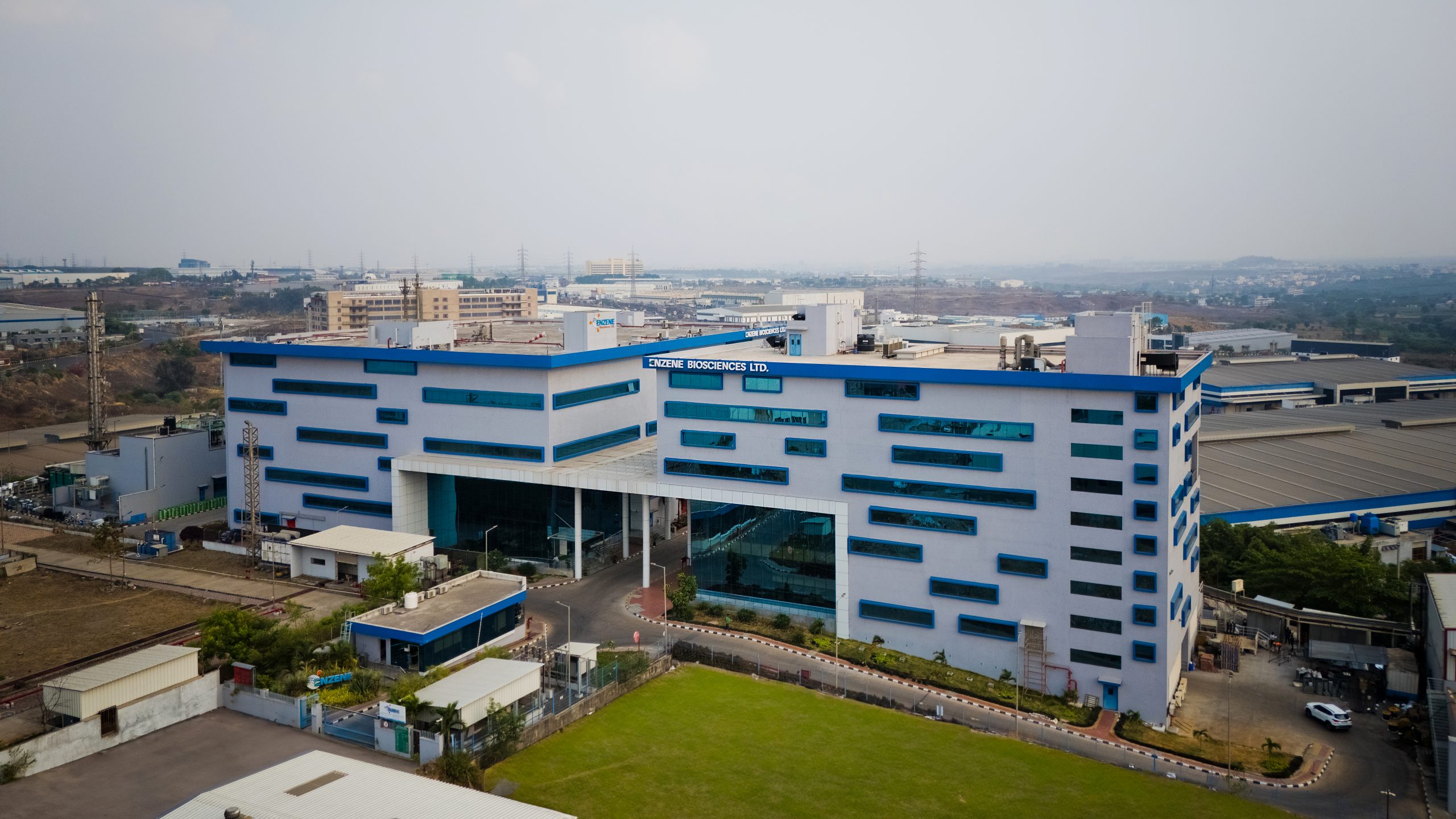Article
Delivering higher output at lower costs
While the country’s focus on R&D and mass manufacturing vaccines has enabled India to fulfil more than 50% of the global vaccine requirement, the next leg of growth will come from penetrating developed markets with domestically produced biologics and biosimilars.
Why fully automated and continuous biologics manufacturing is the need of the hour
Counted amongst the top 10 pharmaceutical exporting countries in the world, India’s share of the global market has been on the rise, with exports standing at $24.6billion in FY2021-22. The low cost of production and strong research & development (R&D) capabilities of Indian pharma companies have been instrumental in making India’s drug and pharmaceutical exports competitive. Ranked third in terms of pharmaceutical production by volume, the Indian pharmaceutical industry counts generic drugs, vaccines, over-the-counter medications, contract manufacturing, biosimilars and biologics as its major segments, with the latter two providing the most potential for driving further cost competitiveness.
While the Indian pharma industry has been growing at a CAGR of 9.43% over the past decade, the domestic biologics market is expected to expand by a CAGR of 22% till 2025 at least, with estimates stating that it could account for $12billion by 2025. With the world focusing on preventive healthcare rather than curative approaches, the demand for monoclonal antibodies (mAbs), vaccines and biosimilars is expected to witness exponential growth. For the Indian pharma industry, which has been largely considered to be a leader in manufacturing generics, this presents an opportunity to move up in terms of R&D and manufacturing capabilities in a bid to churn out more complex biologics at affordable prices. In fact, with the country only behind the United States and the European region in terms of the number of biosimilars that have reached clinical development stage, India could establish itself as a global leader in terms of developing and manufacturing biologics and biosimilars in the near future.
Towards this end, it will be important to not only explore biotech-based drug development and prioritize biosimilars and biologics, but also pursue revolutionary manufacturing technologies that can improve process efficiency and reduce the costs of production. A fully integrated and automated continuous biologics manufacturing process is one such approach that helps maintain stringent quality standards, while reducing the cost of manufacturing complex biologics and mAbs. Adopting this method also results in significantly smaller production facilities as compared with those using conventional manufacturing techniques, while being GMP compliant ensures that manufactured products consistently meet high quality standards. Moreover, employing a fully automated continuous biologics manufacturing process minimizes the risks involved in pharmaceutical production, providing a safer environment for those working in production facilities. This added safety net is largely down to the utilization of robotic systems to create fully automated fill and finish lines that require minimal human intervention.
Additionally, the flexibility provided by a fully-connected continuous manufacturing™ facility ensures that pharma companies can cater to production demands faster, with support for all formats of parenteral products such as pre-filled syringes, cartridges, vials and lyophilized products provided by the automated fill-finish lines. As a result of these inherent process efficiencies, Indian pharma companies can construct manufacturing facilities with lower capital requirements, produce higher quality but cheaper biologics and reduce turnaround time when packaging them into different types of parenteral drug products. With Indian pharma’s proven track record of developing and manufacturing quality, affordable and globally competitive biosimilars, the time is ripe for domestic players to switch over to more advanced manufacturing techniques and cement the country’s status as an innovative manufacturing hub.
While the country’s focus on R&D and mass manufacturing vaccines has enabled India to fulfil more than 50% of the global vaccine requirement, the next leg of growth will come from penetrating developed markets with domestically produced biologics and biosimilars. To achieve this, Indian pharma companies will have to comply with the higher quality requirements of countries such as the US, without losing on their cost advantage. Doing away with manual and conventional manufacturing practices and shifting towards fully automated and continuous biologics manufacturing will thus be an important step for the Indian pharma industry.
Drive down costs and elevate quality in biologics manufacturing. Contact us to discover how continuous processing and automation can transform your operations and strengthen your market position.
Latest from Enzene
Join the revolution
Fueled by our continuous innovation and armed with EnzeneX™, our fully-integrated CDMO solutions and our biosimilars pipeline are designed to help bring your biologics innovations to life.




